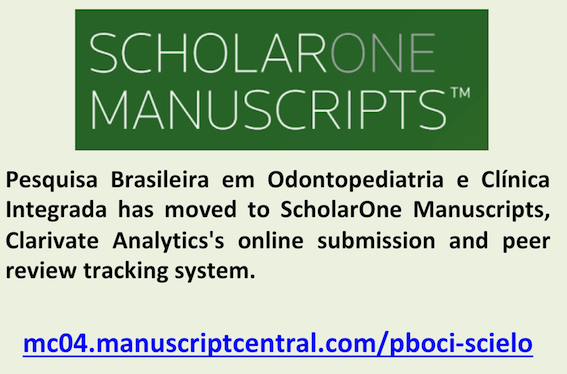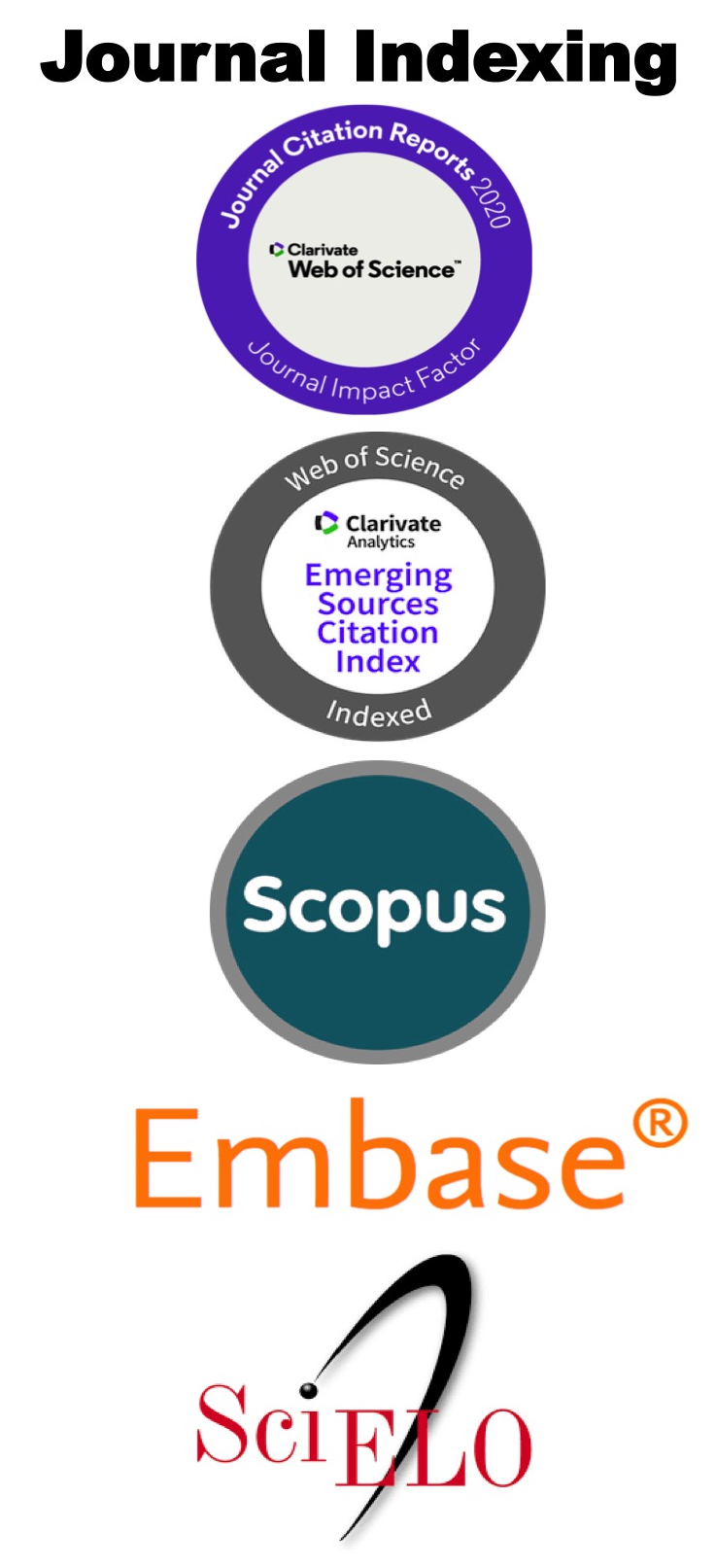The Role of Mothers' Socioeconomic Class on their Children's Dental Health
Keywords:
Social Class, Education, Oral Health, AttitudeAbstract
Objective: To assess the relationship between the mother's educational level and family income on the dental caries experience of their children. Material and Methods: A cross-sectional study was conducted at the Department of Pediatric Dentistry, University of Babylon, Iraq. The sample comprised 100 children aged 5-15 years. Data was collected in two parts: first, a self-administered questionnaire was obtained from mothers: Mother's age, level of education, family income, child age, and gender. Another part included the clinical examination of dental caries that was measured for mothers and their children using the DMFT/dmft index for permanent and primary dentition sequentially. The collected data were statistically analyzed using mean ± standard deviation (SD mean and standard deviation, t-test, and F-test. Results: The sample showed 60% were boys and 40% were girls, 86% with dental caries. Mothers with a high level of education and high monthly income have significantly lower dental caries experiences than their children (p<0.05). In contrast, there was a significant difference between the two age groups (p=0.000), a considerable difference between the level of family monthly income and dmft (p=0.01), and there was a correlation value between the caries index DMFT value of the children and their mother with mother's education level. Conclusion: Many dental caries were reported among Babylon City/Iraq children. Mothers with high educational levels and family monthly income were correlated to lower dental care for their children than those with low educational levels and economic status, so they need to focus on oral health knowledge and encourage prophylactic intervention and preventive measures for the population.References
Cianetti S, Lombardo G, Lupatelli E, Rossi G, Abraha I, Pagano S, et al. Dental caries, parents educational level, family income and dental service attendance among children in Italy. EJPD 2017; 18(1):15-18. https://doi.org/10.23804/ejpd.2017.18.01.03
Selwitz RH, Ismail AI, Pitts NB. Dental caries. Lancet 2007; 369(9555):51-59. https://doi.org/10.1016/s0140-6736(07)60031-2
Holst D, Schuller AA, Aleksejuniene J, Eriksen HM. Caries in populations-theoretical, causal approach. Eur J Oral Sci 2001; 109(3):143-148. https://doi.org/10.1034/j.1600-0722.2001.00022.x
Okada M, Kawamura M, Kaihara Y, Matsuzaki Y, Kuwahara S, Ishidori H. Influence of parents’ oral health behaviour on oral health status of their school children: An exploratory study employing a causal modelling technique. Int J Paediatr Dent 2002; 12(2):101-108. https://doi.org/10.1046/j.1365-263x.2002.00338.x
Meyer F, Enax J, Epple M, Amaechi BT, Simader B. Cariogenic biofilms: Development, properties, and biomimetic preventive agents. Dent J 2021; 9(8):88. https://doi.org/10.3390/dj9080088
Adeniyi OO, Ogunbodede EO, Jeboda SO, Folayan MO. Do maternal factors influence the dental health status of Nigerian preschool children. Int J Paediatr Dent 2009; 19(6):448-454. https://doi.org/10.1111/j.1365-263x.2009.01019.x
Shearer DM, Thomson WM, Broadbent JM, Poulton R. Maternal oral health predicts their children’s caries experience in adulthood. J Dent Res 2011; 90(5):672-677. https://doi.org/10.1177/0022034510393349
Paglia L. Oral prevention starts with the mother. Eur J Paediatr Dent 2019; 20(3):173 https://doi.org/10.23804/ejpd.2019.20.03.01
Astrøm AN. Parental influences on adolescents’ oral health behavior: Two-year follow-up of the Norwegian longitudinal health behavior study participants. Eur J Oral Sci 1998; 106(5):922-930. https://doi.org/10.1046/j.0909-8836.1998.eos106504.x
Duncan GJ, Magnuson K, Murnane RJ. Reforming preschools and schools. Acad Pediatr 2016; 16(3 Suppl):S121-127. https://doi.org/10.1016/j.acap.2015.12.003
Kuter B, Uzel I. The influence of maternal factors on children’s oral health: Mothers’ age, educational level, tooth brushing habit and socioeconomic status. J Pediatr Res 2020; 7(4):331-335. https://doi.org/10.4274/jpr.galenos.2020.96977
Kumail I, Alasady M. The impact of socioeconomic status on oral health of southern population in Iraq. ATMPH 2021; 24(4):205-216. https://doi.org/10.36295/ASRO.2021.24416
Guarnizo-Herreño CC, Wehby GL. Children’s dental health, school performance, and psychosocial well-being. J Pediatr 2012; 161(6):1153-1159. https://doi.org/10.1016/j.jpeds.2012.05.025
Mannaa A, Carlen A, Lingstrom P. Dental caries and associated factors in the mothers and their preschool and school children-A cross-sectional study. J Dent Sci 2013; 8(3):101-108. https://doi.org/10.1016/j.jds.2012.12.009
Ellakany P, Madi M, Fouda M, Ibrahim M, AlHumaid J. The effect of parental education and socioeconomic status on dental caries among Saudi children. Int J Environ Res Public Health 2021; 18(22):11862. https://doi.org/10.3390/ijerph182211862
Mobley C, Marshall TA, Milgrom P, Coldwell SE. The contribution of dietary factors to dental caries and disparities in caries. Acad Pediatr 2009; 9(6):410-414. https://doi.org/10.1016/j.acap.2009.09.008
Gussy MG, Waters EG, Walsh O, Kilpatrick NM. Early childhood caries: Current evidence for aetiology and prevention. J Paediatr Child Health 2006; 42(1-2):37-43. https://doi.org/10.1111/j.1440-1754.2006.00777.x
Downloads
Published
How to Cite
Issue
Section
License
Copyright (c) 2023 Pesquisa Brasileira em Odontopediatria e Clínica Integrada

This work is licensed under a Creative Commons Attribution-NonCommercial 4.0 International License.



